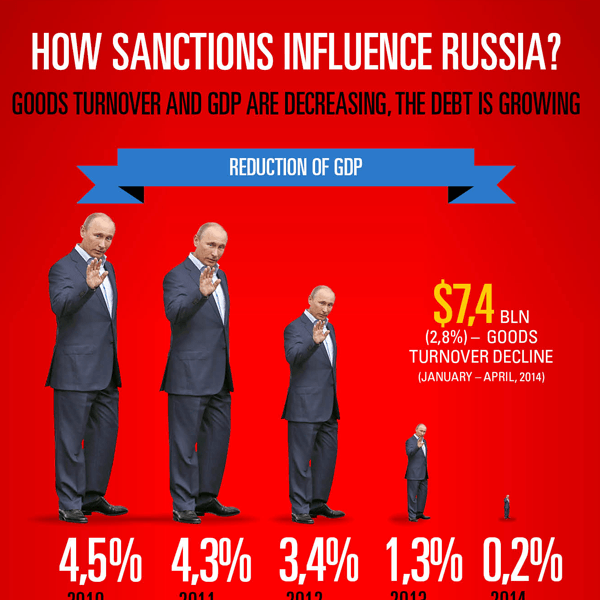

The European Union imposes sanctions (known more commonly in the twenty-eight-member bloc as restrictive measures ) as part of its Common Foreign and Security Policy. For instance, since 2011, Russia and China have vetoed several Security Council resolutions concerning the conflict in Syria, some of which could have led to sanctions against President Bashar al-Assad’s regime. But despite this cooperation, sanctions are often divisive, reflecting the competing interests of world powers. However, since the end of the Cold War, the body has used sanctions more than twenty times, most often targeting parties to an intrastate conflict, as in Somalia, Liberia, and Yugoslavia in the 1990s. Prior to 1990, the council imposed sanctions against just two states: Southern Rhodesia (1966) and South Africa (1977).


Anecdotal evidence suggests that enforcement of UN sanctions is often weak. The global police agency Interpol assists some sanctions committees, particularly those concerning al-Qaeda and the Taliban, but the UN has no independent means of enforcement and relies on member states, many of which have limited resources and little political incentive to prosecute noncompliance. UN sanctions regimes are typically managed by a special committee and a monitoring group. The most common types of UN sanctions, which are binding for all member states, are asset freezes, travel bans, and arms embargoes. Sanctions resolutions must pass the fifteen-member council by a majority vote and without a veto from any of the five permanent members: the United States, China, France, Russia, and the United Kingdom. The Security Council did not authorize the use of military force until months later.Īs the UN’s principal crisis-management body, the Security Council may respond to global threats by cutting economic ties with state and nonstate groups. For example, the UN Security Council imposed comprehensive sanctions against Iraq just four days after Saddam Hussein’s invasion of Kuwait in August 1990. Leaders have, on occasion, issued sanctions while they evaluated more punitive action. Policymakers may consider sanctions as a response to foreign crises in which the national interest is less than vital or where military action is not feasible. Sanctions, while a form of intervention, are generally viewed as a lower-cost, lower-risk course of action between diplomacy and war.

Sanctions have been used to advance a range of foreign policy goals, including counterterrorism, counternarcotics, nonproliferation, democracy and human rights promotion, conflict resolution, and cybersecurity. National governments and international bodies such as the United Nations and European Union have imposed economic sanctions to coerce, deter, punish, or shame entities that endanger their interests or violate international norms of behavior.


 0 kommentar(er)
0 kommentar(er)
